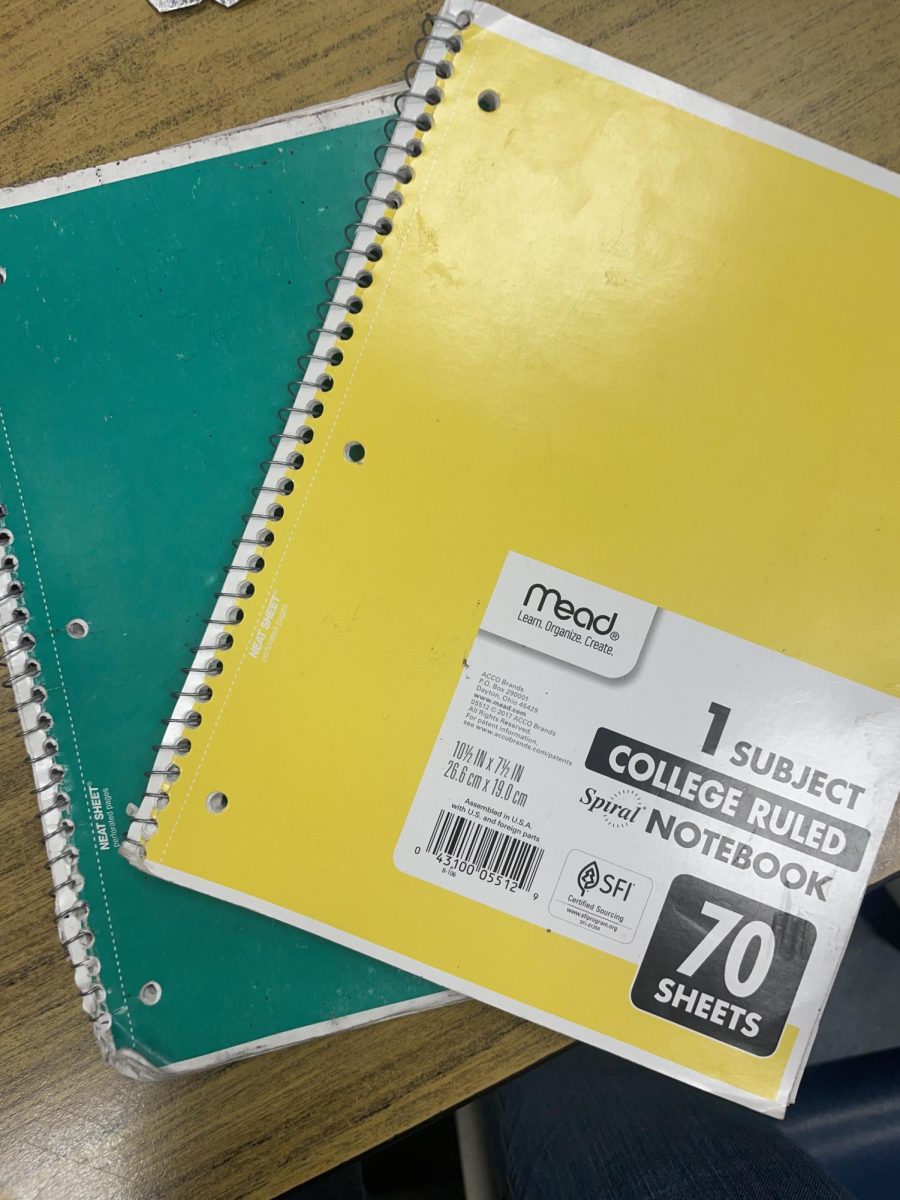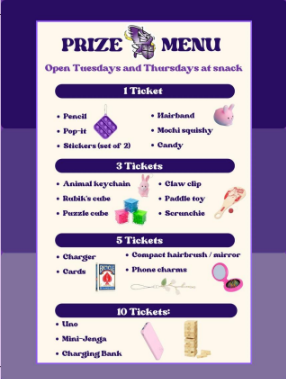School can be overwhelming with assignments, deadlines, and extracurricular activities. Staying organized helps reduce stress, improve productivity, and make the school year more manageable. Here are ten simple and effective ways to stay on top of your responsibilities.
Use a Planner or Digital Calendar
Keeping track of assignments, test dates, and deadlines is essential for staying organized. Whether you prefer a physical planner or a digital calendar like Google Calendar or Notion, writing everything down helps you manage your time effectively. Set reminders for important deadlines to avoid last-minute rushes.
Create a Daily To-Do List
A to-do list helps you stay focused on your most important tasks. Write down everything you need to accomplish each day and check off completed items. This keeps you accountable and provides a sense of achievement. Breaking bigger tasks into smaller steps also makes them feel less overwhelming.
Keep Your Backpack and Locker Clean
A messy backpack or locker makes it harder to find what you need. Take a few minutes each week to clean out unnecessary papers, organize supplies, and ensure everything is in its proper place. Having designated folders or dividers for each subject helps keep things even more organized.
Set Up a Study Routine
Having a set time and place for studying every day helps create a habit. Find a quiet, distraction-free environment where you can concentrate. If you struggle with focus, try using the Pomodoro Technique, where you study for 25 minutes and take a five-minute break before resuming.
Use Color-Coding for Notes and Folders
Color-coding your notes, folders, and school materials can make organization easier. Assign a different color to each subject and use highlighters or sticky notes to categorize information. This simple system can save time and help you quickly find what you need.
Break Down Large Assignments
Big projects or essays can feel overwhelming, but breaking them into smaller steps makes them more manageable. Set mini-deadlines for each part of the assignment instead of trying to complete everything at the last minute. This approach reduces stress and improves the quality of your work.
Avoid Last-Minute Cramming
Cramming for a test the night before might seem like a good idea, but it is not an effective way to retain information. Instead, review your notes in smaller sessions over several days or weeks. Active recall, where you quiz yourself on the material, is one of the best ways to improve memory retention.
Keep Track of Important Papers
Losing important papers like study guides, permission slips, or graded assignments can be frustrating. Use folders, binders, or a filing system to keep everything organized. If you prefer digital organization, scan important documents and store them in a cloud service like Google Drive.
Limit Distractions While Studying
Distractions like social media, texting, or background noise can make it difficult to focus. Find a quiet study spot and turn off notifications while working. If you need extra motivation, use productivity apps like Forest, which encourages you to stay focused by growing a virtual tree when you avoid your phone.
Get Enough Sleep and Take Breaks
Being organized is not just about scheduling and note-taking—it is also about taking care of yourself. Sleep is crucial for memory retention and focus, so aim for at least seven to eight hours each night. Taking short breaks during study sessions helps prevent burnout and improves concentration.
Final Thoughts
Staying organized is a skill that takes time to develop, but by following these tips, you can create better study habits and reduce stress throughout the school year. The key is consistency and finding a system that works best for you. With a little effort, staying on top of your responsibilities will become second nature.













